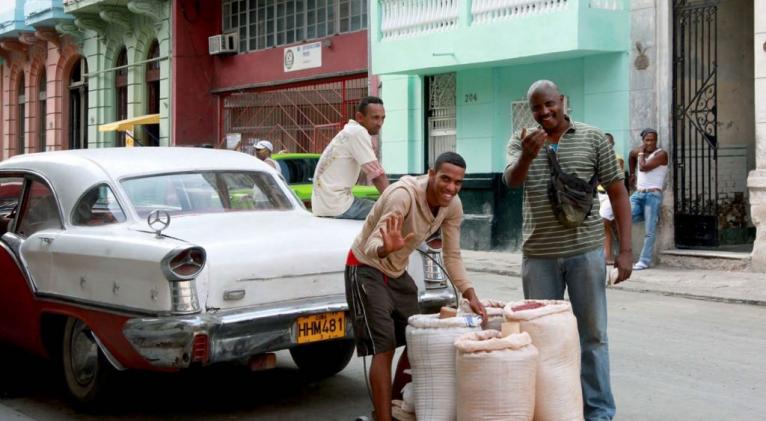End the Cuba trade embargo and support US exports
especiales

A few weeks ago, I had the opportunity to join a “people-to-people” trip to Cuba, visiting not only Havana but smaller towns, such as Ceinfuegos and Trinidad. We met with Cubans from many walks of life, in their businesses, on their farms and in their homes.
The Cuban government has slowly opened their economy to private enterprise, especially in the visitor sector, and has lifted restrictions on technology and access to a world of information. The new influx of American visitors, eating at private restaurants, staying in bed-and-breakfasts booked on Airbnb and supporting artists and musicians is slowly changing the Cuban economy.
But as relations between the U.S. and Cuba are starting to thaw, the trade embargo remains, leaving U.S. companies on the outside as our competitors from abroad gain a foothold.
While the 1962 trade embargo appears to have trapped Cuba in the 1950s, it is a superficial view supported by the sight of old American cars and the few signs of post-1960 construction in city centers. Behind that old facade are modern products from countries from across the globe — Samsung refrigerators, LG flat-screen TVs, French and South Korean cars and smartphones. While Cuba trades with China, Canada, Europe and Brazil, there are no American cars on the road manufactured after 1961, no GE appliances, no parts for their fishing boats or construction materials. Our minor footprint is in the form of food products, like Tabasco sauce and Coke — though the Coke comes from Mexico, not Atlanta.
Meanwhile, there is an underground economy that imports products into the country on every flight from Miami. Mountains of shrink-wrapped products are included as “luggage” by Cubans traveling with U.S. visas. Ask a restaurant owner how he has Costco salt and pepper grinders on each table, and he will tell you it is the same way he has umbrellas from Home Depot: He pays a big surcharge to bring the items back from his regular visit to Florida.
While I am old enough to remember the Cold War and the Cuban Missile Crisis, most Cubans, like most Americans, are not. It is hard to explain how an island of 11 million people can still be seen as a threat to peace and stability in the region. In fact, we know it isn’t.
A Gallup poll in 2015 found that almost 60 percent of Americans support ending the trade embargo. As far back as 2009, the U.S. Chamber of Commerce — not exactly a bastion of liberalism — testified before Congress that “The U.S. embargo on Cuba is one of the biggest foreign policy failures of the past half century and should come to an end.”
The world economy has changed since the early 1960s, so we can never account for 70 percent of Cuban imports like we did before the embargo. However, we should see some new American cars on the streets of Havana amongst those from Europe and Asia, more agricultural goods and technology products.
Change is coming to Cuba, and America should recognize what’s good for business and be a trading partner in that process.













Add new comment